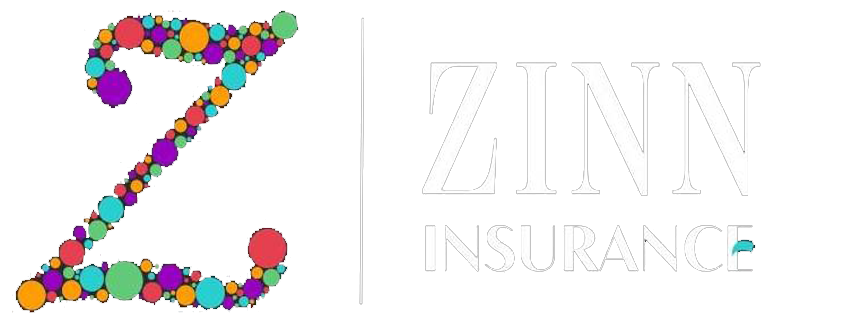
When you offer retirement and health benefits to your employees, you need to make sure you’re providing the right documents to stay in compliance with the Employee Retirement Income Security Act of 1974 (ERISA).
ERISA requires that you provide several types of documents to the Department of Labor (DOL) and plan participants. Noncompliance can result in fines, so make sure you’re providing the right documents at the right times.
Here’s a quick overview of the documents you need to stay in compliance:
Plan Document
The plan document contains a description of the terms and conditions for the operation and administration of the plan. It must be provided within 30 days of a written request.
Summary Plan Description (SPD)
The SPD contains plan information, including the benefits, rights and obligations of the covered participant. It should be written in a style and format that can be easily understood by the average plan participant. The SPD should be provided within 90 days of the participant being covered by the plan, or within 30 days of a written request.
Summary of Material Modification (SMM)
The SMM describes material changes to a plan and any changes in the information required in the SPD. An updated SPD satisfies the SMM requirement. In general, the SMM or updated SPD must be distributed to participants no later than 210 days after the end of the plan year in which the changes were made, or within 30 days of a written request. A shorter deadline may apply to health plans in some circumstances, depending on the nature of the modification or change. For example, if the change is a material reduction in group health plan benefits or services, the deadline for providing the SMM or updated SPD is 60 days after the change is adopted.
Form 5500
The Form 5500 satisfies various annual reporting obligations that plan administrators must meet under ERISA and the Internal Revenue Code. Form 5500 must be filed electronically with the DOL. This form is generally due by the last day of the seventh calendar month after the plan year ends. See the DOL’s website for details on this reporting requirement. Small health plans are exempt if they have fewer than 100 participants and benefits are insured or unfunded.
Summary Annual Report (SAR)
This report is a narrative report of the Form 5500 and includes a statement of the participant’s right to receive the annual report. Plans that are exempt from annual 5500 filing, as well as large and unfunded health plans, may be exempt from the SAR requirement. The SAR must be provided to participants within nine months after the end of the plan year.

For more information on how to stay ERISA compliant, contact Zinn Insurance Agency.
